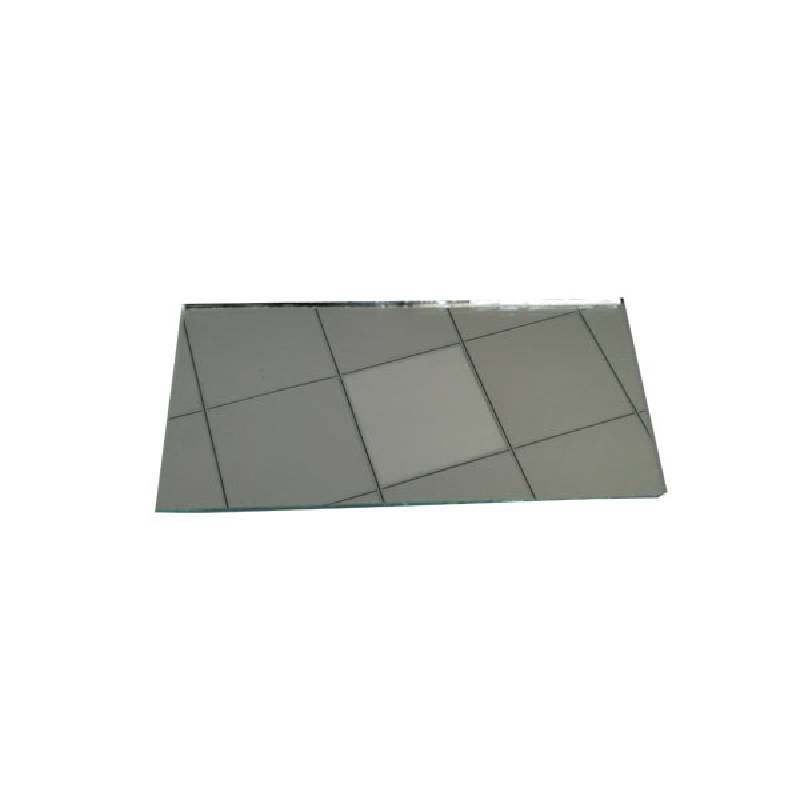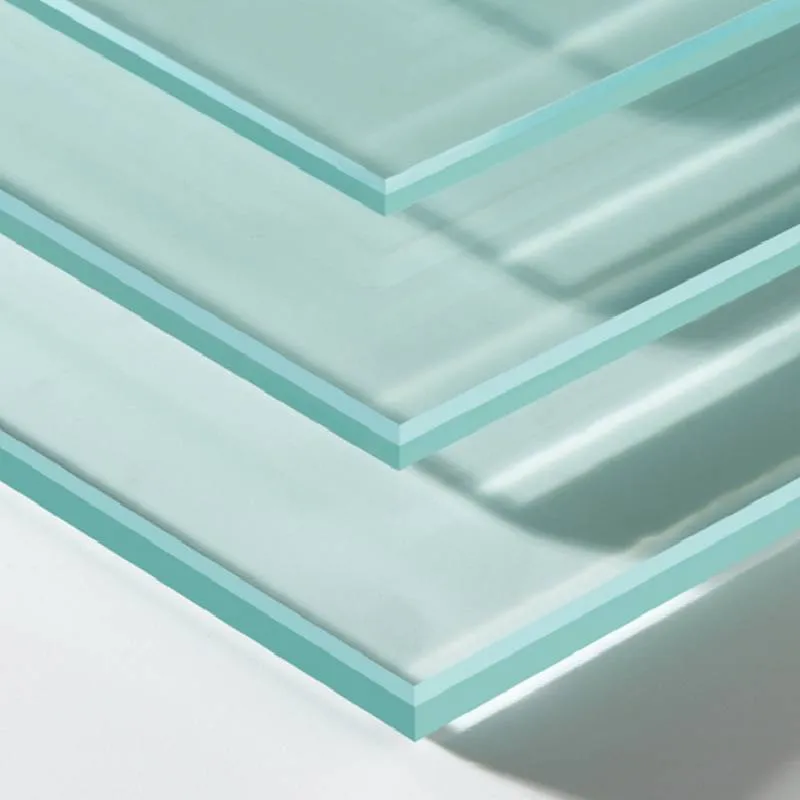Custom mirrors have become an essential component in enhancing both aesthetic value and functionality in various spaces, ranging from homes to commercial establishments. Their versatility, combined with an ability to transform any space with unique designs and styles, makes them an attractive choice for those looking to add a personal touch to their environments. Below, we delve into why custom mirrors are not just decorative elements, but also powerful tools for optimizing spatial dynamics and reflecting individual tastes.

The process of creating a custom mirror involves various stages that demand expertise and precision, reflecting not only the client’s desires but also the artistic capabilities of the manufacturers. These mirrors are often crafted using high-quality materials to ensure durability and longevity. One of the significant advantages of custom mirrors is their capacity to fit perfectly into any space, regardless of its complexity or limitations. This adaptability is particularly beneficial for irregularly shaped areas that standard mirrors cannot accommodate.
With years of experience in the industry, mirror craftsmen have developed techniques that ensure every custom piece is not only beautiful but also functional. For instance, incorporating anti-fog features for bathroom mirrors or using shatterproof glass for safety in high-traffic areas demonstrates the combination of design and practicality. Additionally, these mirrors can be tailored to incorporate smart technology, such as built-in lighting to enhance visibility or integrated displays for interactive features, making them not just a reflection of oneself but also of technological advancement.

From an interior design perspective, custom mirrors are often used to manipulate perceptions of space, light, and depth. Strategically placed mirrors can make small spaces appear larger, enhance natural light, and create focal points that draw attention and elevate the overall ambiance. Designers and decorators value the impact custom mirrors have on spatial aesthetics, understanding that a well-positioned mirror can transform the mundane into the extraordinary.
The authority of custom mirrors in interior design lies in their ability to merge form with function seamlessly. Demand for these bespoke pieces is on the rise, supported by an increasing consciousness of interior aesthetics and the desire for personalized spaces. In the commercial sector, businesses such as hotels, restaurants, and boutiques harness the allure of custom mirrors to enhance guest experience and brand image. Mirrors in these settings serve as both practical elements and a demonstration of style, adding an extra layer of sophistication to the customer experience.
custom mirrors
Trust in the quality and craftsmanship of a custom mirror is crucial. Consumers need to be assured that their investment will result in a product that meets high standards in both design and durability. Reputable manufacturers typically offer guarantees and warranties, providing clients with confidence and peace of mind. These assurances are backed by years of expertise and a track record of delivering exceptional products that withstand the test of time.
Furthermore, the environmental impact of mirror production is an important consideration for manufacturers and consumers alike. Leading mirror companies are adopting sustainable practices, using eco-friendly materials and processes to minimize their carbon footprint. This commitment to environmental stewardship not only benefits the planet but also enhances the credibility and trustworthiness of the manufacturer, appealing to a consumer base increasingly interested in sustainable living.
Whether for residential or commercial use, custom mirrors represent a fusion of art and utility. Their ability to reflect not only images but also style, innovation, and sustainability underscores their status as more than just household accessories. They are pieces of art that speak to the broader themes of personalization and thoughtful design in modern spaces.
In conclusion, the role of custom mirrors in reflecting and enhancing personal and commercial spaces cannot be understated. They offer a perfect blend of craftsmanship, practicality, and art, serving various needs and preferences across different environments. The integration of advanced features and sustainable practices in their production further elevates their standing as essential components in the toolkit of modern design. As the demand for individualized and aesthetically pleasing spaces continues to grow, custom mirrors will undoubtedly remain at the forefront of interior innovation and sophistication.
 Afrikaans
Afrikaans  Albanian
Albanian  Amharic
Amharic  Arabic
Arabic  Armenian
Armenian  Azerbaijani
Azerbaijani  Basque
Basque  Belarusian
Belarusian  Bengali
Bengali  Bosnian
Bosnian  Bulgarian
Bulgarian  Catalan
Catalan  Cebuano
Cebuano  Corsican
Corsican  Croatian
Croatian  Czech
Czech  Danish
Danish  Dutch
Dutch  English
English  Esperanto
Esperanto  Estonian
Estonian  Finnish
Finnish  French
French  Frisian
Frisian  Galician
Galician  Georgian
Georgian  German
German  Greek
Greek  Gujarati
Gujarati  Haitian Creole
Haitian Creole  hausa
hausa  hawaiian
hawaiian  Hebrew
Hebrew  Hindi
Hindi  Miao
Miao  Hungarian
Hungarian  Icelandic
Icelandic  igbo
igbo  Indonesian
Indonesian  irish
irish  Italian
Italian  Japanese
Japanese  Javanese
Javanese  Kannada
Kannada  kazakh
kazakh  Khmer
Khmer  Rwandese
Rwandese  Korean
Korean  Kurdish
Kurdish  Kyrgyz
Kyrgyz  Lao
Lao  Latin
Latin  Latvian
Latvian  Lithuanian
Lithuanian  Luxembourgish
Luxembourgish  Macedonian
Macedonian  Malgashi
Malgashi  Malay
Malay  Malayalam
Malayalam  Maltese
Maltese  Maori
Maori  Marathi
Marathi  Mongolian
Mongolian  Myanmar
Myanmar  Nepali
Nepali  Norwegian
Norwegian  Norwegian
Norwegian  Occitan
Occitan  Pashto
Pashto  Persian
Persian  Polish
Polish  Portuguese
Portuguese  Punjabi
Punjabi  Romanian
Romanian  Russian
Russian  Samoan
Samoan  Scottish Gaelic
Scottish Gaelic  Serbian
Serbian  Sesotho
Sesotho  Shona
Shona  Sindhi
Sindhi  Sinhala
Sinhala  Slovak
Slovak  Slovenian
Slovenian  Somali
Somali  Spanish
Spanish  Sundanese
Sundanese  Swahili
Swahili  Swedish
Swedish  Tagalog
Tagalog  Tajik
Tajik  Tamil
Tamil  Tatar
Tatar  Telugu
Telugu  Thai
Thai  Turkish
Turkish  Turkmen
Turkmen  Ukrainian
Ukrainian  Urdu
Urdu  Uighur
Uighur  Uzbek
Uzbek  Vietnamese
Vietnamese  Welsh
Welsh  Bantu
Bantu  Yiddish
Yiddish  Yoruba
Yoruba  Zulu
Zulu 


